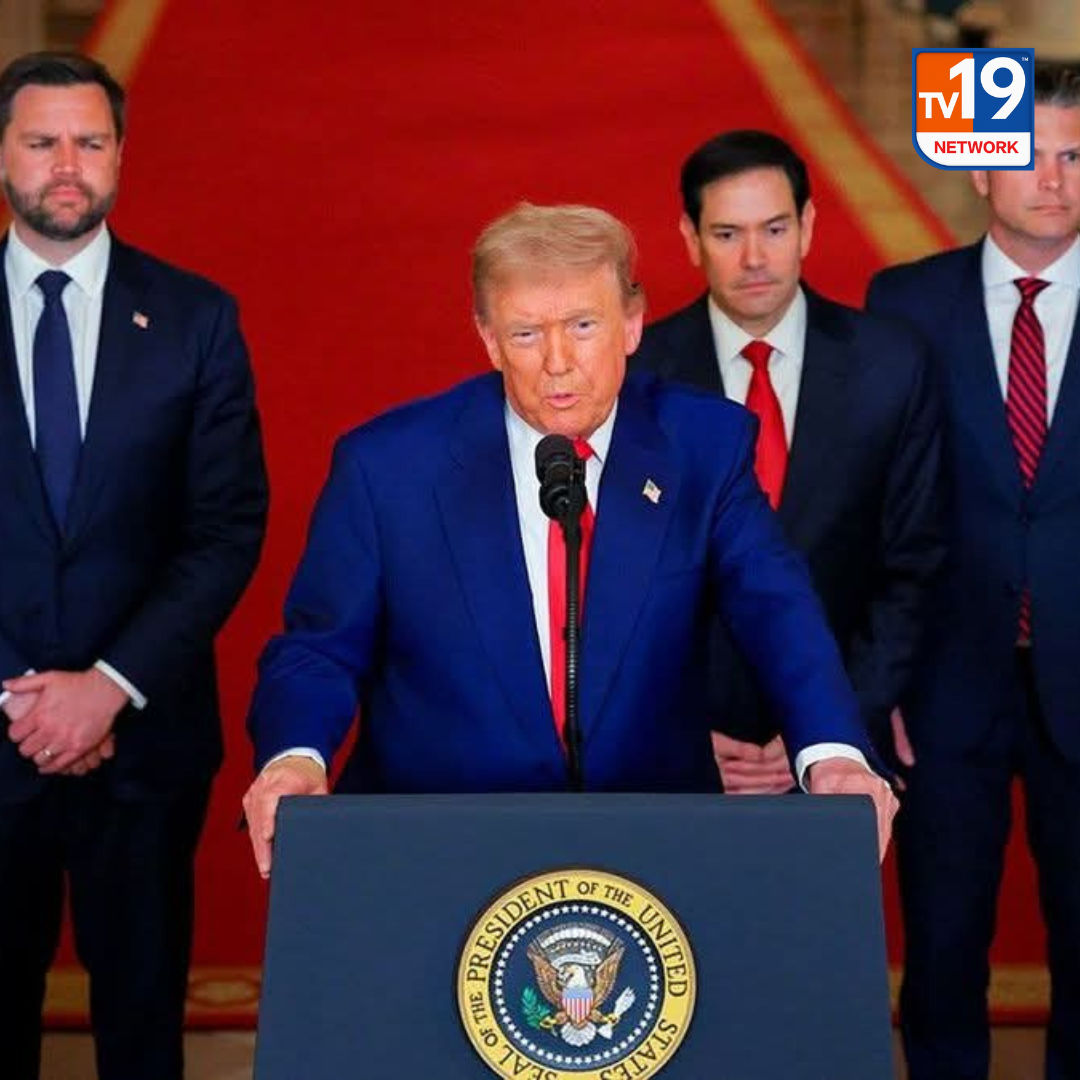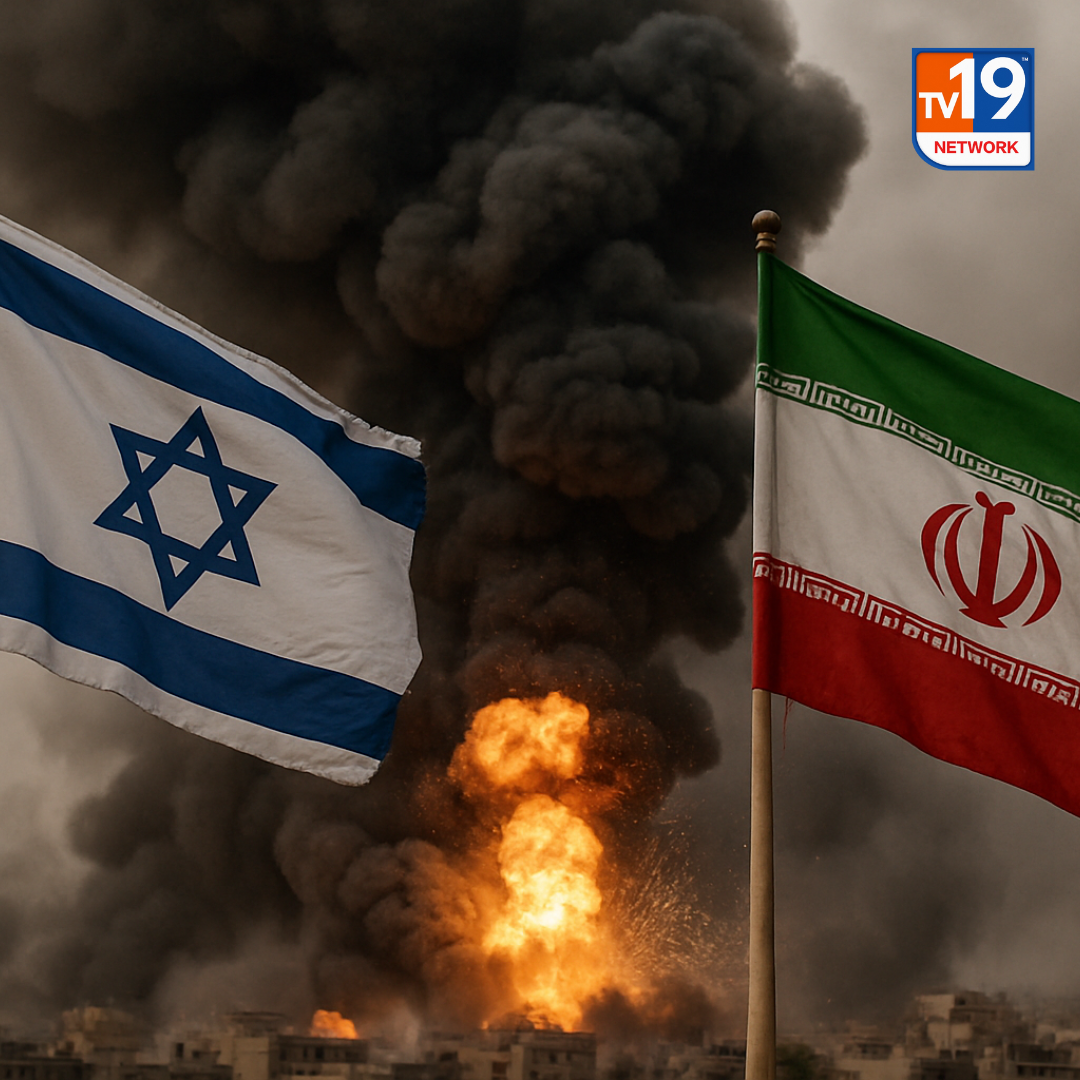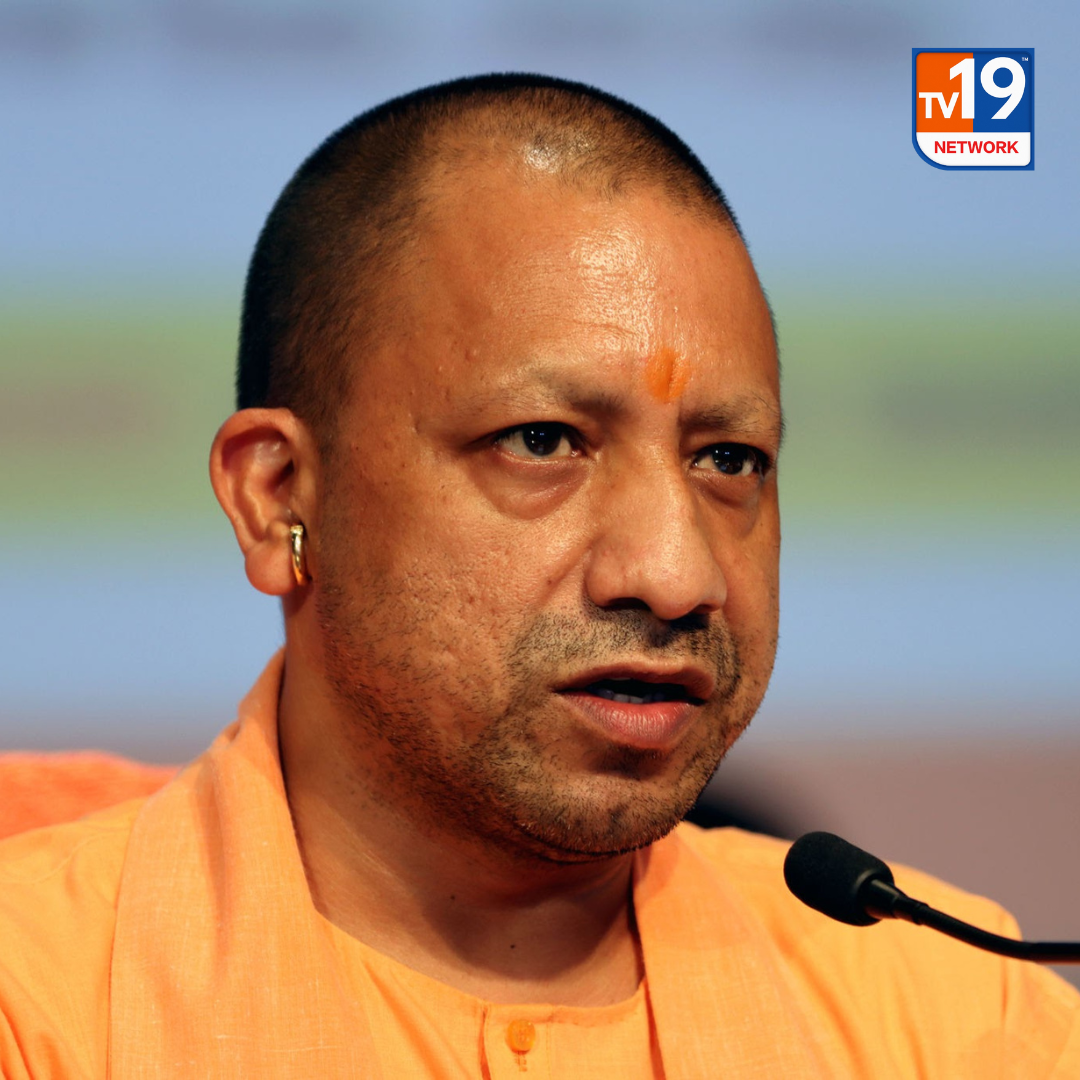Trump's WHO Withdrawal: A Blow to Global Health, But India Stands Resilient
Washington DC - In a move that has sent shockwaves through the international health community, President Donald Trump has signed an executive order initiating the United States' withdrawal from the World Health Organization (WHO). This decision, reminiscent of a similar attempt during his previous term, raises pressing questions about the future of global health initiatives and their ripple effects across nations.
Global Health at a Crossroads
The United States has long been the WHO's largest financial contributor, accounting for approximately 18% of its budget. This funding has been instrumental in combating diseases such as HIV, tuberculosis, and malaria worldwide. The sudden cessation of U.S. support threatens to disrupt these critical programs, potentially stalling progress in disease control and eradication efforts.
India's Position: Challenges and Resilience
India, a significant beneficiary of WHO-led health initiatives, faces potential challenges due to this development. Programs targeting tuberculosis and immunization drives may experience funding constraints, given the WHO's anticipated budget shortfall. However, Indian health experts remain cautiously optimistic. While the U.S. withdrawal is unfortunate, it may not present significant repercussions for India. Many believe that other nations could step up to fill the void left by the U.S.
A Call for Global Solidarity
The WHO has expressed deep regret over the U.S. decision. As the global community grapples with this development, the onus falls on other member states to bolster support for the WHO, ensuring that essential health programs continue. India’s proactive stance and potential leadership could serve as a beacon for collective action in safeguarding global health.





